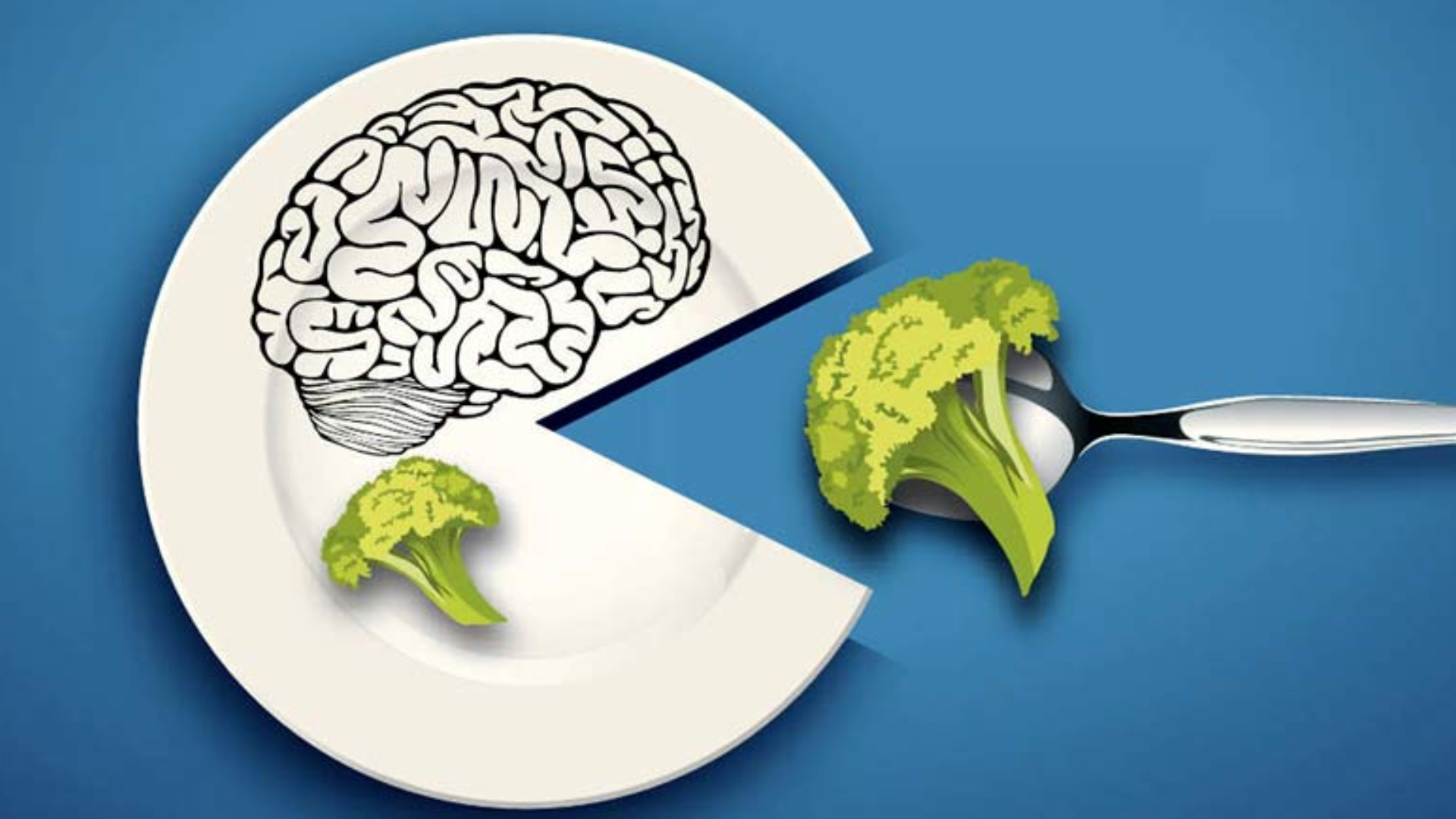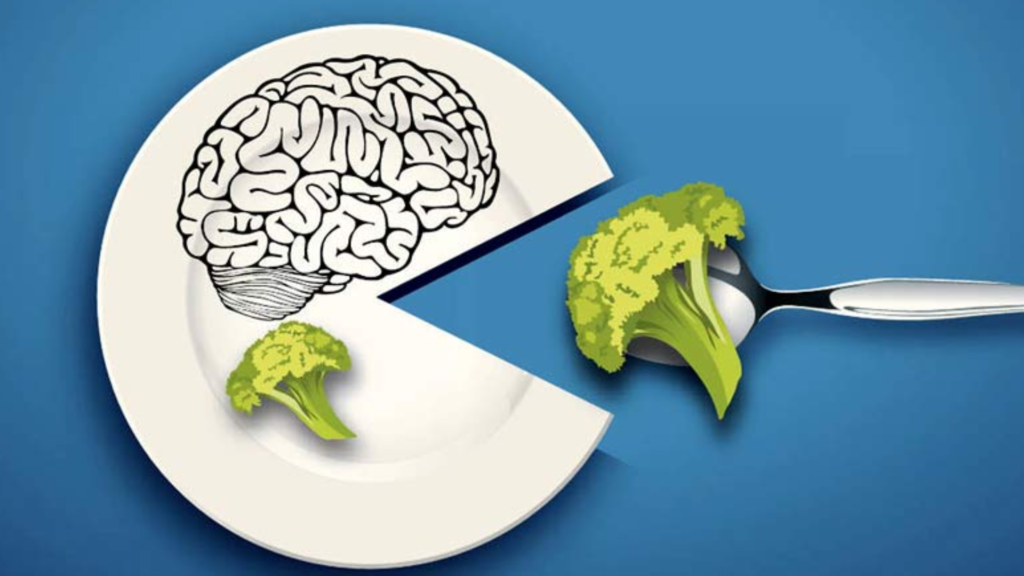When someone mentions “trust your gut,” they’re probably not thinking about the trillions of microscopic organisms throwing a rave in your digestive system. Welcome to the fascinating world of gut health—where science meets your stomach. And guess what? Your gut isn’t just there to handle your pizza binges; it’s your “second brain,” working tirelessly to keep your body and mind in harmony. So grab a probiotic smoothie and let’s dive into the nitty-gritty of nourishing this powerhouse of health.
What is gut health, and why should you care?
Imagine your gut as a bustling metropolis filled with microorganisms. These microbes (bacteria, fungi, and viruses) aren’t there to cause trouble; they’re there to help. Together, they form the gut microbiome, a community that impacts digestion, immunity, mental health, and more.
Here’s why trusting your gut is crucial:
- Immune System Support: About 70% of your immune system lives in your gut. That’s right, your gut’s moonlighting as a bouncer, keeping unwanted pathogens at bay.
- Mental Health Influence: The gut-brain connection is real. Ever felt “butterflies” when nervous? That’s your gut and brain gossiping through the vagus nerve.
- Nutrient Absorption: No gut, no glory! Without a healthy gut, your body struggles to absorb essential nutrients, leading to a host of issues.
The Gut-Brain Connection: Meet Your Second Brain
Your gut isn’t just digesting; it’s dishing out opinions on your mood and mental clarity. The gut-brain axis serves as a high-speed subway system, transporting messages between your digestive tract and central nervous system.
Neurotransmitters in Your Gut
Surprise! Your gut produces neurotransmitters like serotonin, the “feel-good” chemical. In fact, the gut produces about 90% of serotonin. So, if your gut’s not happy, neither is your brain.
Funny, but true.
Ever been hangry? That’s your gut throwing a tantrum and demanding snacks. Listen to it; it’s smarter than you think.
Signs your gut needs a little TLC.
How can you recognize the warning signs from your gut? Here are some common signs:
- Digestive Issues: Frequent bloating, gas, constipation, or diarrhea.
- Mood Swings: Feeling down or anxious? Your gut might be playing the blues.
- Food Intolerances: Struggling with certain foods? Your gut’s microbiome may be out of balance.
- Fatigue: A sluggish gut can drain your energy faster than a weak Wi-Fi connection.
If your gut’s acting up, it’s time to take action.
How to nourish your gut (and keep it happy)
Now that we’ve established your gut’s VIP status, let’s look at how to keep it thriving.
1. Feed Your Gut with Fiber
Fiber is like the fuel your gut microbes need to party. Load up on:
- Fruits (apples, bananas, and berries)
- Vegetables (broccoli, spinach, carrots)
- Whole grains (oats, quinoa, and brown rice).
- Legumes (lentils, chickpeas, and black beans).
Pro Tip: If fiber’s new to your diet, add it gradually. Your digestive system requires time to adjust, so avoid shocking it!
2. Probiotics: Your Gut’s Best Friend
Probiotics are live bacteria that bolster your gut health. Think of them as the reinforcements your microbiome calls in during battle.
Good sources include:
- Look for yogurt that has “live and active cultures”.
- Kefir
- Sauerkraut
- Kimchi
3. Prebiotics: The Sidekick to Probiotics.
Prebiotics are the food for probiotics. They’re found in:
- Garlic
- Onions
- Asparagus
- Bananas
Together, probiotics and prebiotics form a dynamic duo your gut will thank you for.
4. Hydrate Like It’s Your Job
Water keeps everything flowing smoothly. Aim for at least 8 cups a day, and add some lemon slices for a zing of flavor.
5. Move your body.
Exercise doesn’t just benefit your muscles; it’s beneficial for your gut too. Regular movement can enhance gut motility and improve overall digestion.
Funny Tip: Dancing in your kitchen while cooking can benefit both your gut and your mood.
Foods to Avoid (Gut Villains Alert!)
Not all foods are gut-friendly. Here’s what to watch out for:
| Food | Why It’s a Problem |
|---|---|
| Processed Foods | The product is high in additives and low in nutrients. |
| Sugary Snacks | Feed harmful bacteria, causing imbalance |
| Fried Foods | Hard to digest and inflammatory |
| Artificial Sweeteners | May disrupt gut microbes |
Simple Gut-Friendly Recipes
1. Overnight Oats with a Twist
- The ingredients include oats, almond milk, banana slices, chia seeds, and a dollop of yogurt.
- Directions: Mix all ingredients in a jar, refrigerate overnight, and enjoy a probiotic-packed breakfast.
2. Gut-Boosting Salad
- Ingredients: Spinach, sauerkraut, avocado, grilled chicken, and a drizzle of olive oil.
- Directions: Toss everything together for a quick and nutritious meal.
3. Kefir Smoothie
- Ingredients: Kefir, frozen berries, honey, and a handful of spinach.
- Directions: Blend until smooth and sip your way to gut happiness.
Lifestyle Changes for Long-Term Gut Health
Gut health isn’t just about food; your lifestyle matters too. Here are some changes to consider:
1. Manage Stress
Chronic stress can significantly impact your digestive system. Practice mindfulness, yoga, or deep breathing to keep stress levels in check.
2. Sleep Like a Baby
Aim for 7-9 hours of quality sleep. Your gut needs downtime to recharge and repair.
3. Avoid overusing antibiotics.
While antibiotics are lifesavers, they can also wipe out beneficial gut bacteria. Only use them when prescribed by a doctor.
Your Gut Health Cheat Sheet
| Do’s | Don’ts |
| Eat fiber-rich foods. | Overdo sugary snacks. |
| Include probiotics and prebiotics. | Skip meals |
| Stay hydrated. | Over-rely on processed foods |
| Exercise regularly | Ignore persistent gut issues. |

Final Thoughts: Love Your Gut, and It Will Love You Back
Your gut is a hardworking superhero that deserves all the support you can give. By making small but impactful changes to your diet and lifestyle, you’ll keep your second brain running smoothly. Remember, a satisfied gut equals a satisfied you. The next time someone advises you to trust your instincts, you can confidently assert, “You’ve got this.”






https://sites.google.com/view/mitolyn-reviews-real-results/